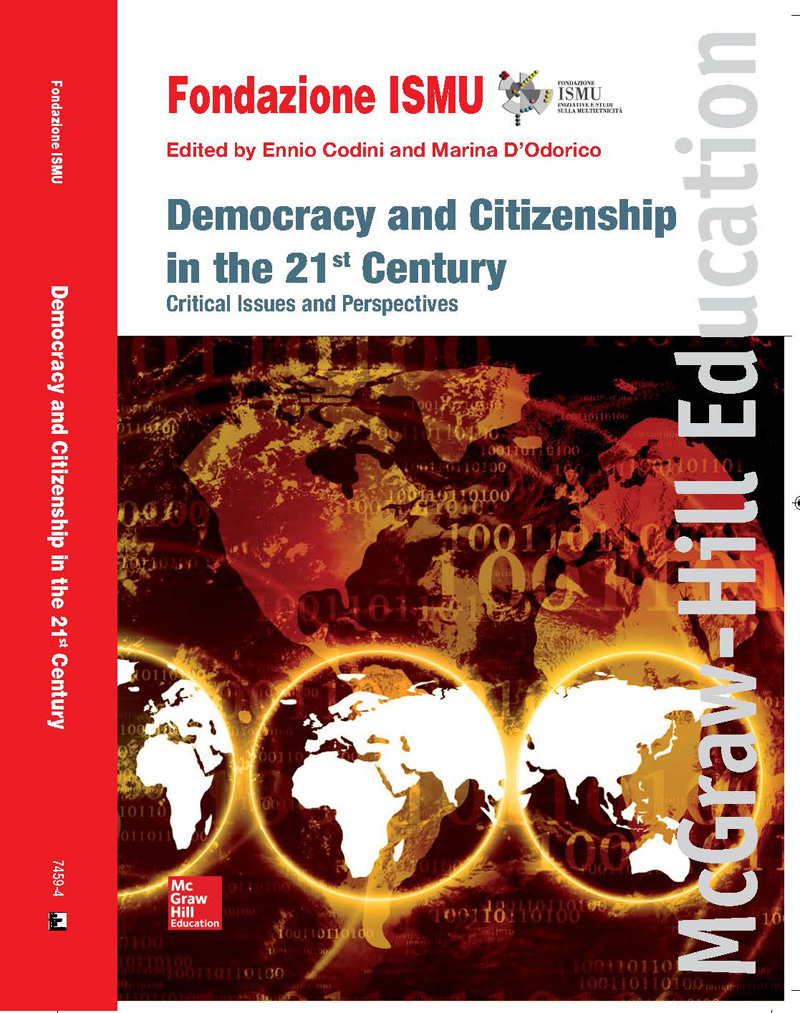Democracy and Citizenship in the 21st Century – Critical Issues and Perspectives
Seeking better life conditions or fleeing persecution are no new phenomena. Nor is receiving foreigners in a country. But welcoming economic migrants or sheltering refugees means more than guaranteeing one’s capacity to earn a living. It means offering migrants and refugees the possibility to embrace the opportunities the receiving society offers to its nationals. It means guaranteeing the opportunity of becoming a fully-fledged member of a society, just like nationals, in a word, a citizen. A little more than twenty years after the word denizenship was coined, designating the status of those living on a territory without being recognized political rights, most Western societies provide for ways to access to citizenship. Be they more or less restrictive, citizenship regimes are based on principles that are most often themselves based on history.
The meaning of governing citizenship in the 21st century has been analysed in a book edited by Ennio Codini e Marina D’Odorico. This study explores the principles underlying citizenship regimes for migrants, refugees and their children through the analysis of the link between democracy and citizenship, the comparison of different logics and their empirical manifestation, and the study of emblematic cases.
 Italiano
Italiano





